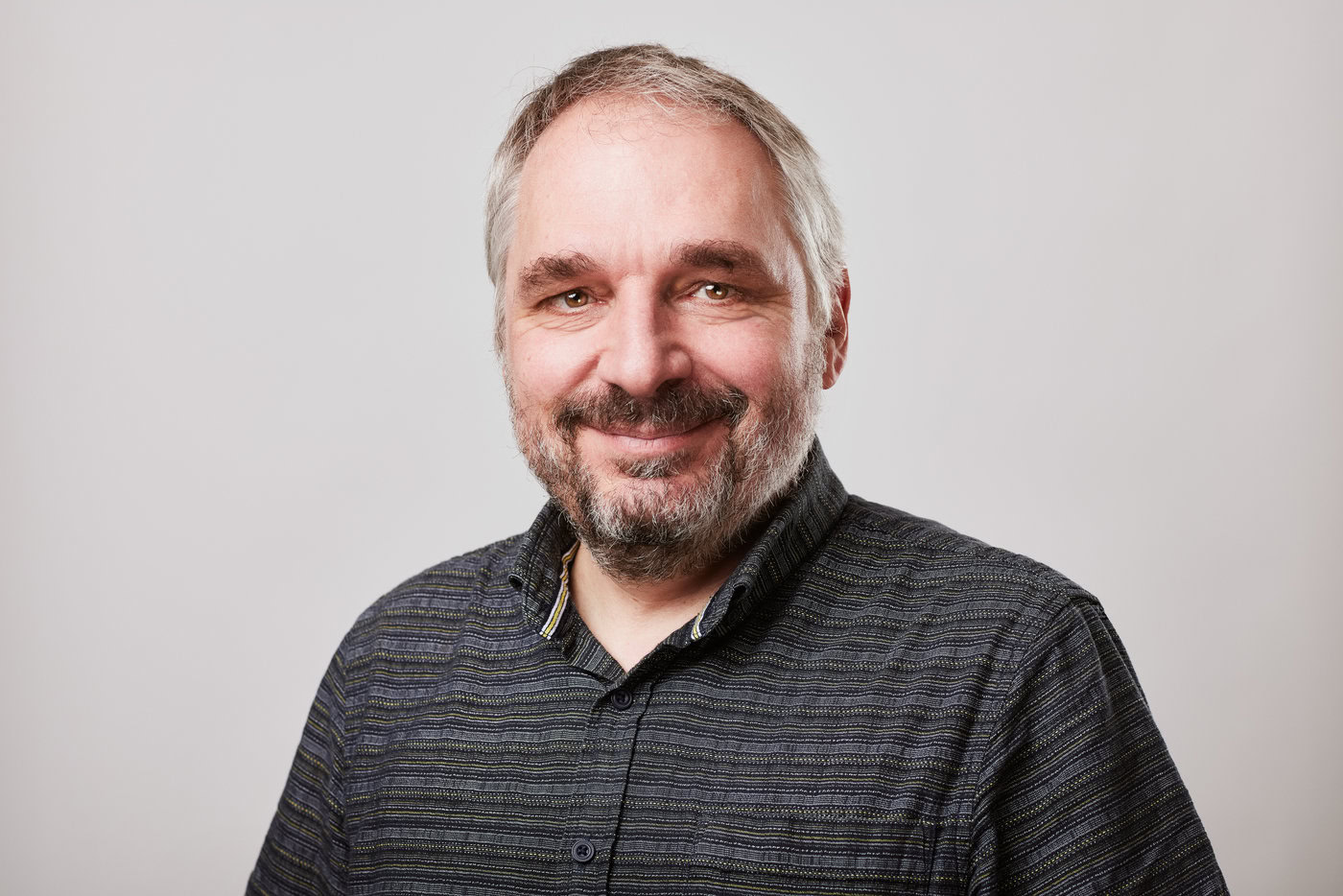Chairman's interim report
After two years at the helm of ASEM, Philippe Krüttli takes stock of an activity marked by a wide variety of subjects and warm encounters beyond cantonal and national borders.

Philippe, how have you spent the last two years?
First of all: I see my role as Chairman as a very enriching activity, which has opened my eyes to many different realities. I've visited many music schools over the last few months, listened to concerts and taken part in jubilees. I'm always impressed by the enormous commitment and creativity of music school teachers and administrators. The cantonal associations are also very active and give impetus, as I can regularly see at delegates' meetings. We must continue to nurture the Swiss music education network - it's so precious!
On a political level, were there any particular moments or projects that stood out for you?
We've had some great successes, for example with the federal "Jeunes Talents Musique" program. When we arrived at ASEM, we were able to get straight down to work on its implementation, putting into practice the many years of hard work put in by my predecessor, Christine Bouvard, in particular. The "Jeunesse+Musique" program is also continuing to develop. While general support and the promotion of talent are now taken into account, a major question remains concerning paragraph 2 of constitutional article 67a governing basic support, i.e. teaching in public schools. We are continuing to work on this issue with other associations.
On the political front, there have been many encouraging developments. For example, several cantons are in the process of drafting music school laws. This shows that there is a will to give music schools a firmer foundation for further improving equal opportunities, which remains a priority for me.
Your daily life has also been marked by projects - the publication of the new professional profile for music teachers, and the digital concept.
Exactly. Working on this professional profile in partnership with several associations was very stimulating. The final document has generated a lot of interest, also in Germany, France and Austria. I think it shows just how varied, creative and demanding the profession of music teacher is. It also shows how pedagogical understanding has evolved, and how music schools must keep pace with changes in society. The professional profile is even more important in view of the shortage of staff in music schools, which continues to worsen. This is a subject of great concern to us, and one we are currently discussing with CHEMS. Regarding the digital concept: We're continuing to work on it, and look forward to the first publication, which will be followed by various additions. This, too, is an exciting project, marked by ever-faster technical development, particularly in the context of the increasingly frequent use of artificial intelligence.
Will there be any highlights in the coming years?
Yes, absolutely! I'm particularly looking forward to the 50e anniversary in 2025. The radio-bus project will enable music schools and students from many cantons to present themselves and show how dynamic and diverse music education is in Switzerland.
Do you still have time to practice music, and your instrument, the trombone?
I'm grateful that I still find the time to make music. I practice my instrument early in the morning every day, which gives me much-needed balance. Otherwise, I continue to conduct orchestras and choirs, including the student orchestra at my music school. The practice and transmission of music remains an important part of my life.






